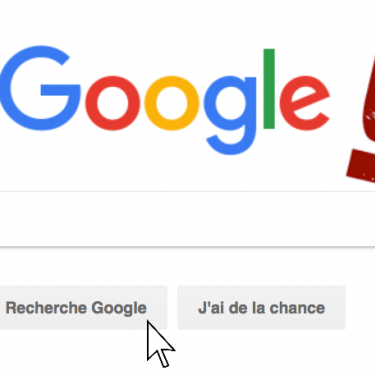RSF urges Google to keep "domain fronting"

An update to Google’s app engine has put a stop to “domain fronting,” a practice that allowed Google app users to circumvent censorship. This is major setback for journalists working in countries where news and information are under tight control, and sends the wrong signal to the world’s other leading Internet firms.
Domain fronting lets Internet users disguise the site they are visiting, allowing them to view blocked sites. App developers discovered that the latest Google App Engine update had eliminated this possibility in April. It was just a technical change for Google but it is blow to the freedom to inform in countries such as China and Russia.
"Google has opted for a quick and definitive solution without considering the impact on independent media trying to survive in countries where news and information are closely controlled" said Elodie Vialle, the head of the Journalism and Technology Desk at Reporters Without Borders (RSF).
"Though domain fronting can sometimes be misused for malicious purposes, the technique is mostly used by those who need access to information which has been censored under repressive regimes. Google should find a way to allow this technique to be used by those who have a legitimate need because of the censorship to which they are subjected."
Domain fronting is effective because its existence forces press freedom predators to block all traffic to Google if they want to prevent media outlets from using it. Google’s decision to eliminate this technique sends a negative signal to the other large Internet companies. Amazon has also already initiated blocking domain fronting on its web services.
RSF has been taking advantage of the existence of domain fronting in its Operation Collateral Freedom, in which it unblocks access to online media that are blocked by censors in their own countries. This year, a total of 24 websites were unblocked by this operation.
